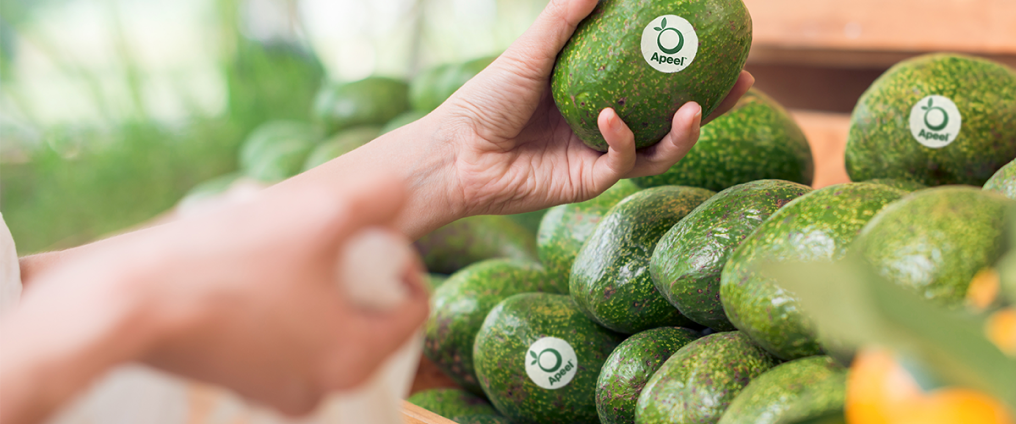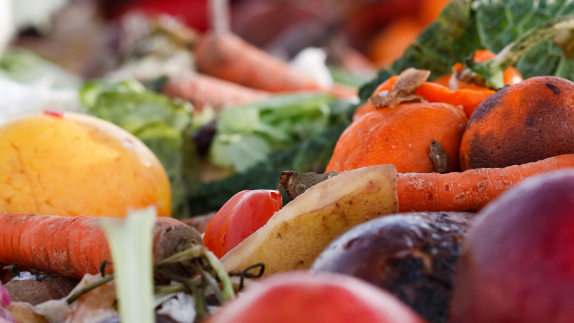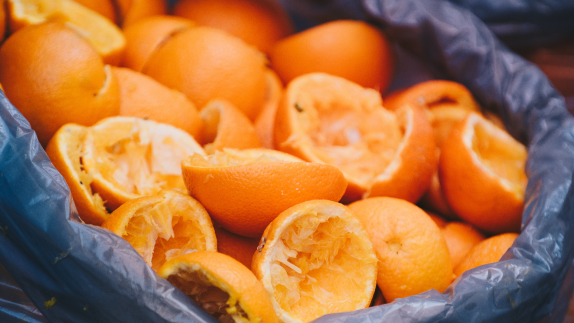
Apeel is a company that has come up with an innovative way to eliminate single-use shrink wrap plastic packaging on fresh fruit and veg, while at the same time tackling food waste.
Apeel is a layer of edible, plant-based coating applied to fresh products that mimics and enhances the natural defences of fruit and vegetables. This slows down the two main things that cause spoilage – water loss and oxidation.
Why it’s an example of the circular economy
Apeel mimics nature to increase the shelf life of fresh produce by using the evolved defences of the plant kingdom.
This technique designs out:
food waste by preventing produce from prematurely rotting
plastic waste – no manmade packaging is needed
energy and resource waste – by covering one avocado with Apeel, 23 litres of water and enough energy to charge a smartphone 9 times is saved
In this way, Apeel's innovation is driving key principles of the circular economy.
How it works
All fruit and vegetables have a ‘peel’ to protect them from drying out and rotting. Apeel Sciences use the building blocks that exist in the peels, seeds, and pulp of all fruits and vegetables called lipids and glycerolipids. These natural substances keep moisture inside the food and keep oxygen out.
Maintaining moisture and reducing oxidation dramatically slows the rate that fruits and vegetables spoil, and supports the plant’s natural abilities to protect itself.
Apeel is distributed to partners as a powder and mixed up with water at packaging centres. It can be applied by spray, dip, or brush on methods. The fruit is coated until wet and then left to dry.
“ Plants provide all the ingredients we need to keep produce at its best from vine to kitchen.”
Good for growers, good for customers
Apeel makes it possible for growers to avoid harvesting before ripeness. This allows fruit and vegetables to develop to their full quality (from nutrition and flavour to appearance and texture) before they begin the journey to supermarkets and supply outlets.
Fruit and vegetables treated with Apeel stay fresh two to three times longer, which promotes better quality food, and less food waste for everyone.





